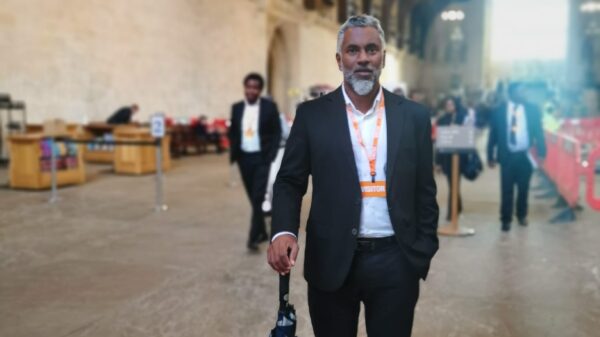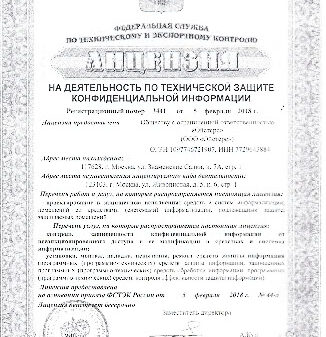Russia’s most prominent opposition figure Alexei Navalny, has been found guilty in a fraud trial on charges rejected by supporters as fabricated.
Navalny was jailed when he returned to the country last year, after surviving a poisoning he blames on the Kremlin.
He was initially given three and a half years in a penal colony for breaking bail conditions while in hospital.
Prosecutors now want him to serve another 13 years on accusations of fraud and contempt of court.
They accused him of stealing $4.7m (£3.5m) of donations given to his now banned political organisations.
Delivering her verdict, Judge Margarita Kotova said Navalny had carried out “the theft of property by an organised group”. She also found him guilty of contempt of court.
A visibly gaunt Navalny folded his arms and exchanged comments with his lawyer as the ruling was read out.

No room for dissent in Putin’s Russia

This verdict will not come as a surprise to those who have watched Alexei Navalny’s case.
His anti-corruption foundation was declared extremist, he was poisoned and he was already imprisoned. Now it seems likely his prison term will be extended for more than a decade.
Despite being behind bars, he has called for protests against what Russia calls its special military operation in Ukraine. His supporters now fear that as a result, he might be placed in a maximum security prison as well as receiving an increased sentence.
Russia’s crackdown on any platform that contradicts the Kremlin’s line continues.
Meta, the company that owns Instagram and Facebook, has been declared an extremist organisation; more media outlets are regularly blocked and a new law that can lead to up to 15 years in jail for anything the authorities consider to be fake news about the military has led many independent journalists to leave the country.
There is no space for dissent against President Putin in today’s Russia.

The trial was held at the penal colony in Pokrov where Navalny was sent last year after being jailed for failing to observe bail conditions, while he was being given life-saving treatment in Berlin for the August 2020 nerve agent attack.
The Kremlin denies any involvement in poisoning Navalny, who has become President Vladimir Putin’s fiercest domestic critic.
Navalny’s spokeswoman Kira Yarmysh said that while the attention of the world was focused on Ukraine, “another monstrous crime was being committed inside of Russia”.
She said it was not just his freedom that was at stake but his life as well, because his accusers had already tried to kill him in Siberia. Ms Yarmysh said he faced being transferred to a high-security colony with much stricter conditions than he currently had.
The trial has been dismissed as a sham by Amnesty International and German Chancellor Olaf Scholz has condemned it as incompatible with the rule of law.



























